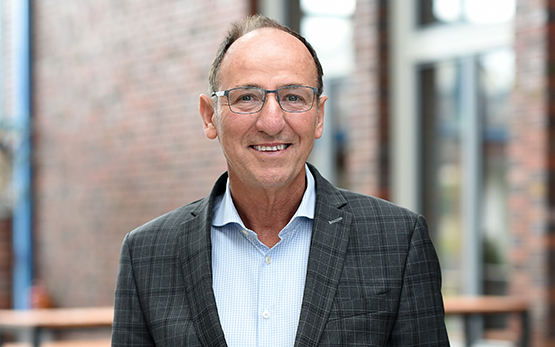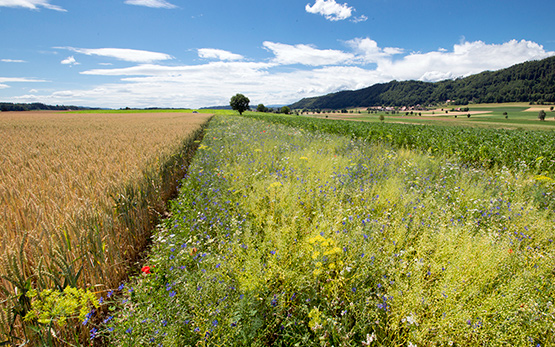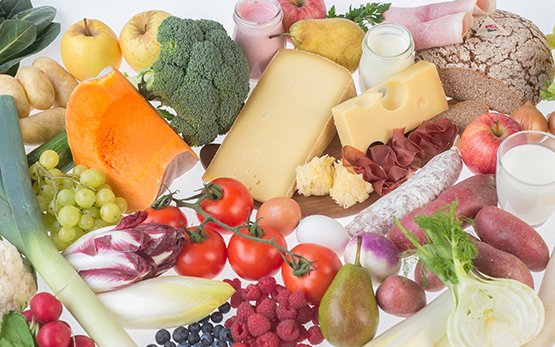On 29 June 2020, Swiss agricultural researcher Urs Niggli was appointed by UN Secretary-General António Guterres to the scientific group tasked with preparing the 2021 Food Systems Summit. Since the beginning of July 2020 he has been working closely with Agroscope.
A world food summit is planned for 2021. This international event is being convened by the Secretary-General of the United Nations, António Guterres, in collaboration with the Rome-based agencies of the UN. At the global summit, participants will discuss the necessary further development and changes in agriculture and nutrition: the aim is to fast-track the transformation to a secure and sustainable diet for all people, with a focus on conserving natural resources, in particular soil fertility, biodiversity and a healthy environment.
On 29 June, UN Secretary-General António Guterres announced who had been elected to the Scientific Group tasked with preparing the 2021 Food Systems Summit: Urs Niggli would be joining the international panel of distinguished researchers. Niggli had played a leading role in Swiss and international research in the organic agriculture sector for 30 years, and has been working closely with Agroscope since July 2020. In addition to environmentally and socially responsible agriculture, Niggli cites food as a priority. “The heavy pressure to further increase yields for the still-growing human population can be alleviated by wasting less food and using less grain as animal feed.” In addition, he aims to bring the importance of well-educated, self-confident farmers for global food security into the preparations for the summit.
Niggli is a member of the Swiss National FAO Committee, the extra-parliamentary commission tasked with advising the Swiss Federal Council on global food security issues. In future, he will also be working closely with Agroscope. For Head of Agroscope Eva Reinhard, the close collaboration with Niggli combined with his appointment to the Science Council offers a variety of new opportunities: “Agroscope can draw on longstanding experience in individual areas of agroecology. We hope to strengthen national and international networking in these scientific areas, thereby accelerating system research. Urs Niggli will contribute our findings and act as a multiplier.”








